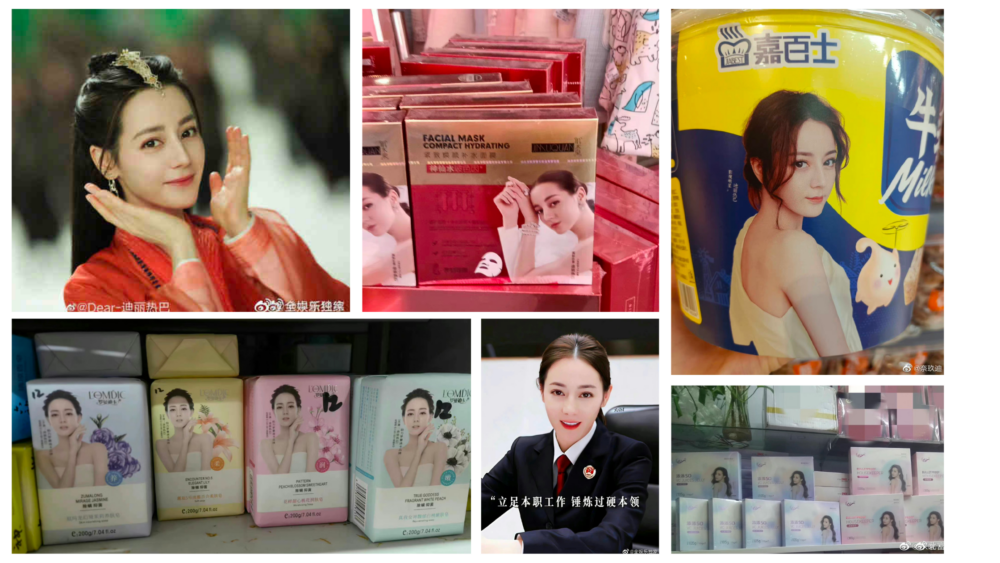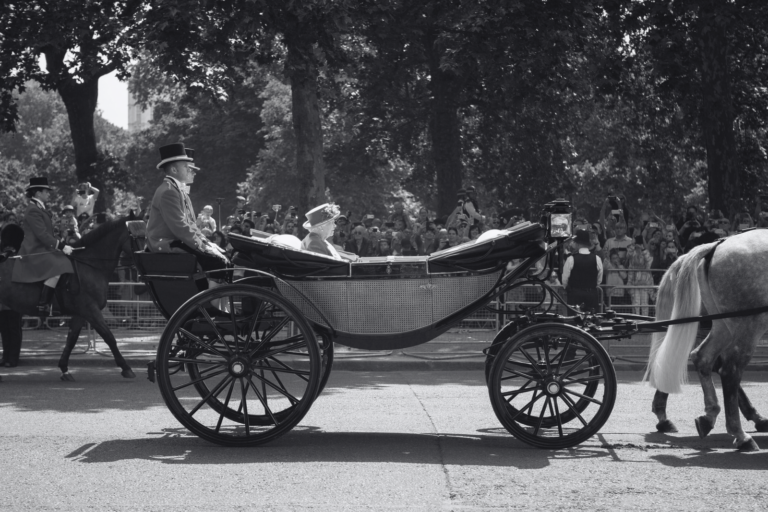Recently, Dilraba Dilmurat, an ethnically Uyghur Chinese actress, sued Guangzhou YiJi Information Technology Company for infringement of her rights. The Company is closely associated with an Infant Milk Powder Company, which uses Dilraba’s portrait on their products without official business contracts.
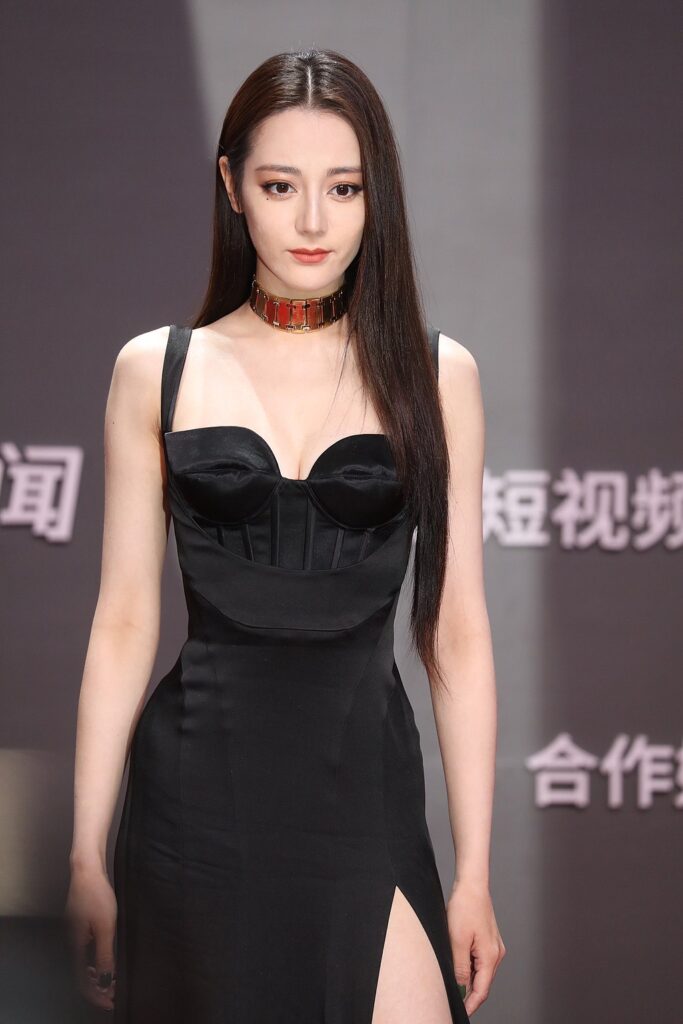
The tagline #Dilraba sues milk powder company to protect her rights# was viewed over 170 million times by netizens on Weibo. Almost all expressed supportive attitudes towards her legal actions to protect her rights. One fan posted an overwhelming amount of fake advertisements exploiting Dilraba’s portrait. These products ranged from food and beauty products to underwear and electronic products. Most are small, local brands that are distributed on small scales. Netizens criticize these brands for being irresponsible because while they use fake advocacy to generate more profit, consumers would attribute their dissatisfaction with the product to Dilraba, thus damaging her reputation.
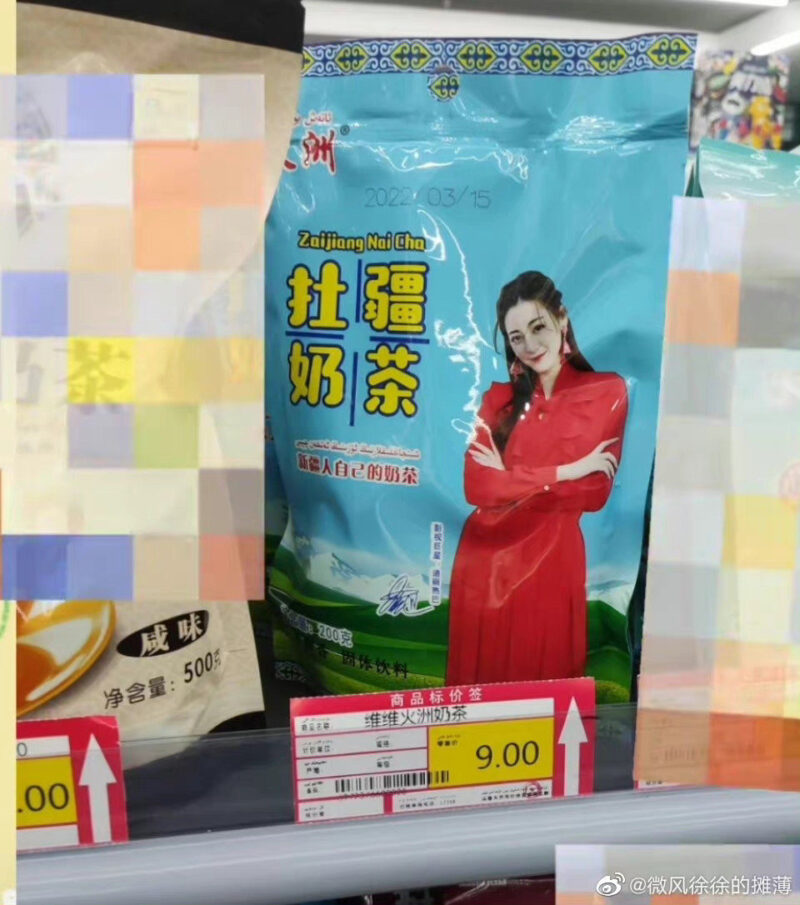
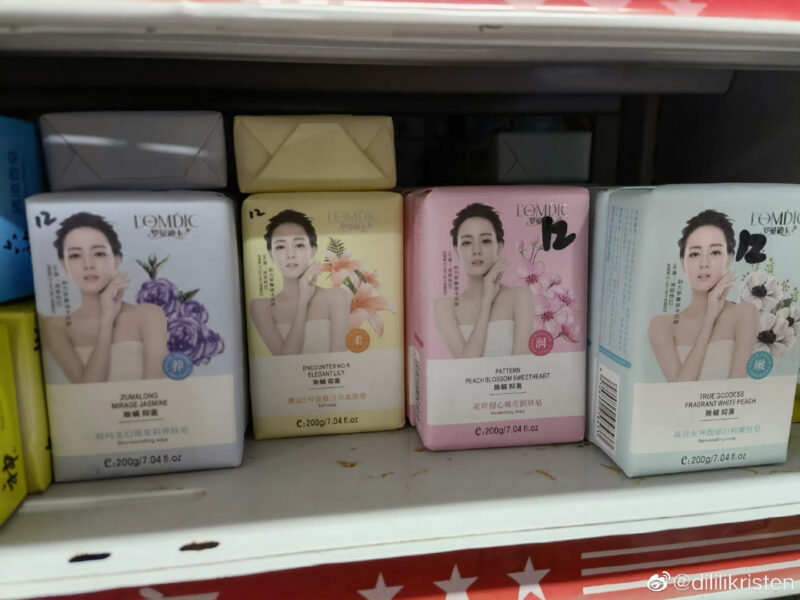
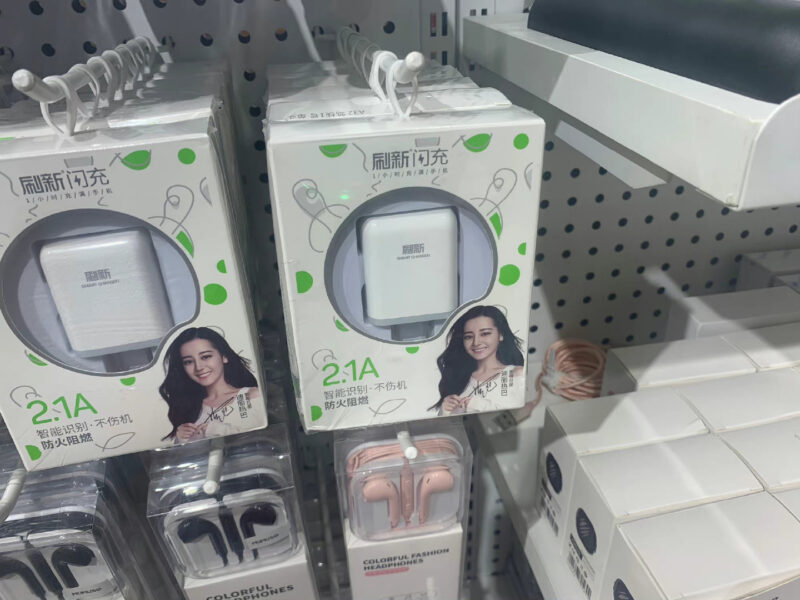
Dilraba was not the only one. Just recently, Wang Junkai, a young Chinese singer and actor, has sued a guitar company for right infringement – the company falsely told his fans that Wang was their ambassador but the two did not reach a consensus to collaborate. The case will hold hearings on June 27th, 2022.
Chinese Celebrities are Increasingly Assertive of their Rights
Today, Chinese celebrities are increasingly aware of their rights. Portrait right infringement is the most common, along with defamation. In 2021, Xiao Zhan, a Chinese actor and singer, filed a defamation lawsuit against an anti-fan. Xiao sued him for “posting and reposting insulting posts on social media and seriously violating Xiao’s reputation”. He asked the defendant to apologize publicly and compensate RMB 200,000 (around USD 30,000). The case took almost a year, until May 10th, 2020, the defendant publicly published his apology letter. “Although celebrities seem to be advantageous in defending their rights, they are actually in a weaker position. The perpetrators even mosaic their names on the apology letter. This is what most popular celebrities have to face these days. They receive lots of wealth and fame but have to sacrifice their privacy and bear with defamation.”
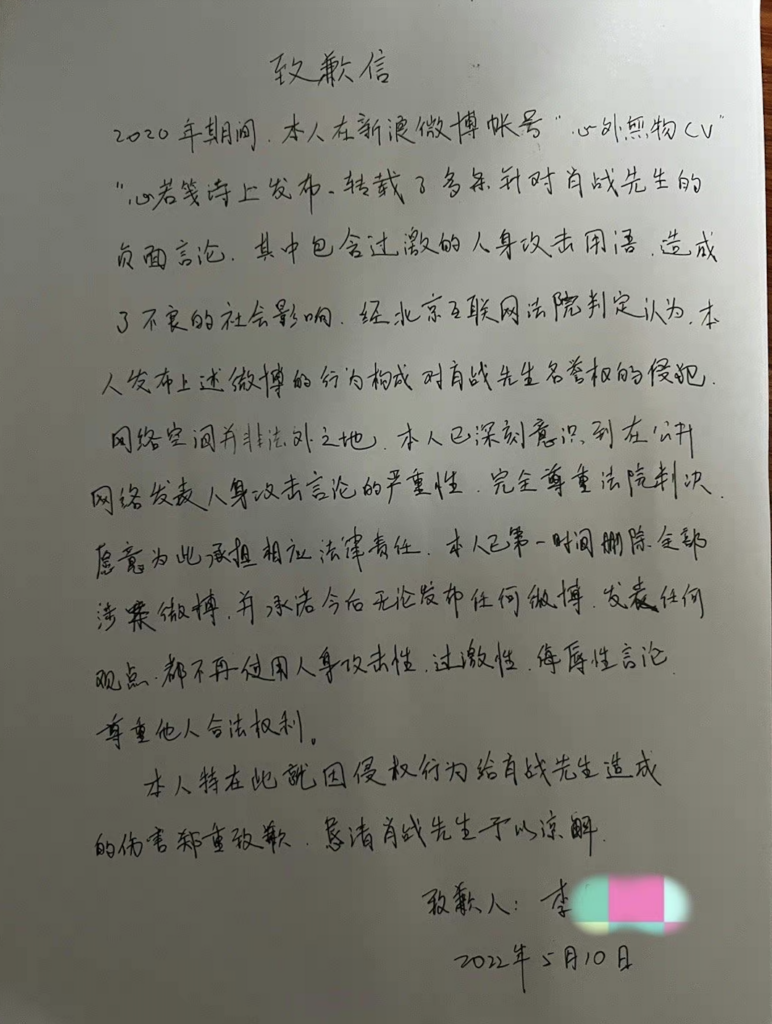
According to a report by Beijing Internet Court in 2019, of 1,075 total disputes, 125 were initiated by celebrities, and most were about defamation. The expansion of celebrity culture in China also leads to online arguments, as fans elevate their idols and insult others on social media. Nowadays, celebrities are becoming more and more assertive about personal rights and reputation. Their assertiveness reminds netizens to take responsibility for their words and actions online and pushes the Administration to strengthen its regulations on internet use.
Key takeaway:
- Chinese celebrities are increasingly aware of their personal rights, despite netizens’ suggest being insulted and defamed is an inevitable part of being a public figure.
- Brands need to be more cautious when cooperating with celebrities in advertising campaigns to avoid conflicts.
- The celebrity culture in China is the source of many online arguments, and will likely lead to the strengthening of online regulations.


